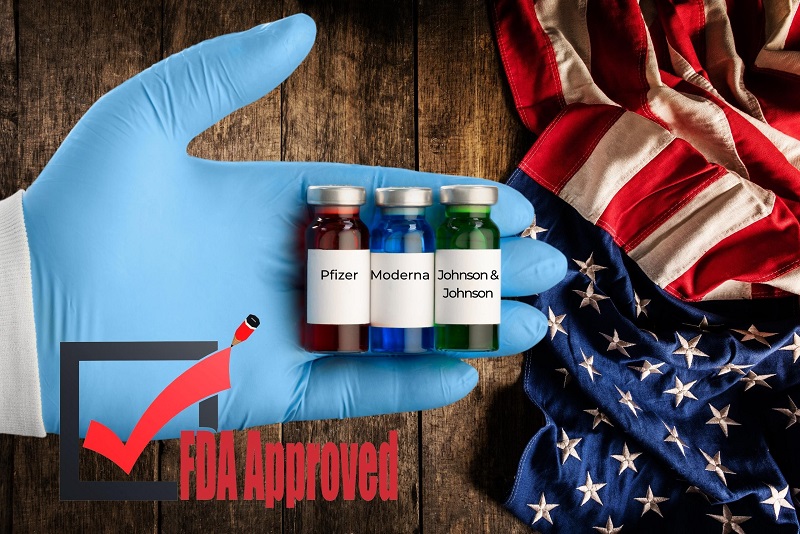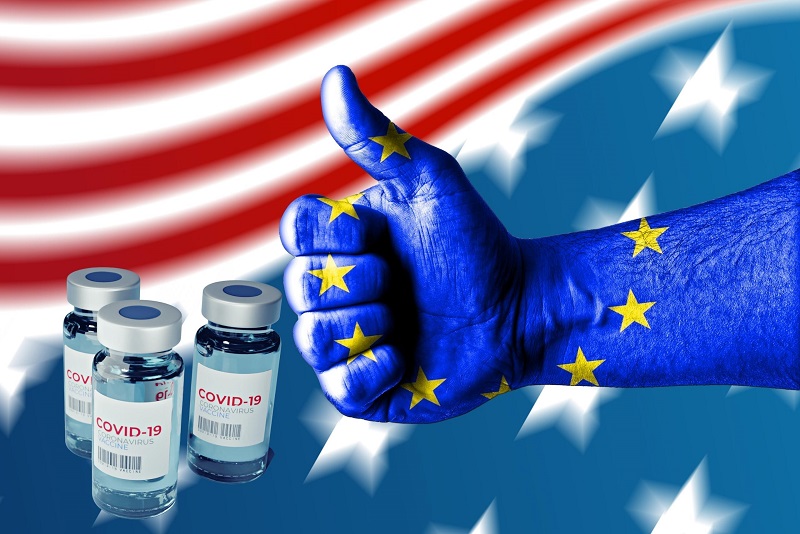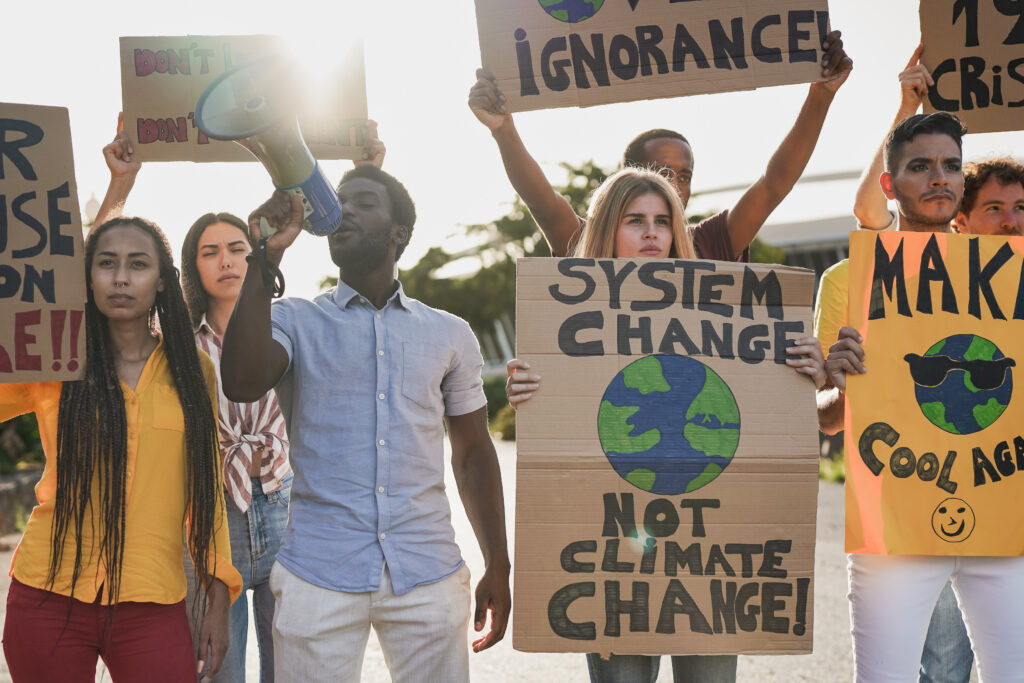Are the current vaccines safe? What are the approved Covid-19 vaccines? How were they developed so quickly? Why are other vaccines not authorized for use in the United States?
In the United States, three vaccine-makers (Pfizer, Moderna, and Johnson & Johnson) have been approved for emergency use authorization by the Food and Drug Administration (FDA) to administer vaccines and booster shots to its citizens.
Of the three, Pfizer is currently the only one to receive full approval by the FDA, on August 23, 2021. Moderna is not far behind, also filing for full FDA approval one month later. For the Johnson & Johnson vaccine, there have been no reports of them submitting for full FDA approval.
What does full approval by the FDA mean?
For a vaccine to be eligible for use, requesting full approval from the FDA is a normal step in the process. As per Johns Hopkins Medicine, full FDA approval takes place when there is enough data to demonstrate that vaccines are safe and effective for most people who receive them. This process involves a clinical trial that includes three phases:
- Phase I involves administering a trial vaccine to a small population.
- Phase II is where the number of individuals to receive a vaccine expands. This number is contingent on a person’s demographic (age, comorbidities, etc.).
- In phase III, the vaccine is given to thousands of individuals to test for its overall efficacy.
Once it can pass all three phases, the vaccine will then continue to undergo further monitoring and research.
Does having full FDA approval change the minds of those currently unvaccinated?
A study from the Kaiser Family Foundation found that 44% said they would be more inclined to get the vaccine once it was given full FDA approval. Of the same group, only 8% said that the full FDA approval would not change their minds.
Now that we have more information on vaccines, we can dive deeper into each of the approved COVID-19 vaccines available in the US:
Pfizer
As soon as the COVID-19 pandemic hit, Pfizer joined forces with German immunotherapy company BioNtech, to develop a potential vaccine six days later. The vaccine, which consists of two shots given 21 days apart, uses genetic technology known as messenger ribonucleic acid or mRNA. This technology prompts cells to make antibodies to fight off the COVID-19 virus.
Who is eligible to receive a Pfizer COVID-19 vaccine?
Pfizer has been given full FDA approval for anyone aged 16 years or older, and for emergency use authorization for children aged 5-15.
How effective is the vaccine?
Pfizer’s vaccine has a reported efficacy of 91.3%, effective two weeks after the second dose. It is also advised to receive a booster shot five months after your initial series of vaccination as CDC reported a drop in vaccine efficacy from 91% to 75% in five months.
Some reports also claim the vaccine’s efficacy drops to only 84% after six months.
Is the Pfizer vaccine effective against the different COVID-19 variants?
According to health authorities, vaccines continue to be the best solution for the prevention of a severe infection or hospitalization. Here’s some of the data gathered:
- The Pfizer vaccine is 95% effective against a severe infection from the Alpha and Beta variants.
- For the Delt variant, a study reported by Public Health England (currently waiting to be peer-reviewed), stated that it is 88% effective against symptomatic disease and 96% effective against hospitalization.
- As for the Omicron variant, research is still ongoing, but preliminary reports have shown that a booster shot can neutralize Omicron.
What are the side effects when getting a Pfizer COVID-19 vaccine?
The following symptoms are to be expected to subside after a few days:
- Pain on the injection site
- Fatigue
- Headache
- Nausea
- Chills
- Muscle pain
Rare side effects that can happen after receiving a Pfizer COVID-19 vaccine:
- Anaphylaxis
- Myocarditis
* Those who experienced an allergic reaction to the first dose are advised by the FDA to no longer receive the second dose or to receive the Johnson & Johnson vaccine.
Moderna
Authorized for emergency use authorization last December 2020, the Moderna vaccine is similar to the Pfizer vaccine in that it uses mRNA genetic technology to fight off a symptomatic infection.
It also consists of two shots, but this time, given 28 days apart.
Who is eligible to receive a Moderna COVID-19 vaccine?
The Moderna vaccine is recommended for use by anyone who is 18 years old and above.
How effective is the vaccine?

It has a reported efficacy of 94% against infection, two weeks after the second dose. Reports have also shown that after six months, Moderna’s vaccine efficacy drops by only 1%. Even with the steady level of efficacy, scientists and medical experts urge everyone to receive a booster shot six months after the initial series of vaccination.
For those immunocompromised, it is advised to have a third dose of the vaccine to be also given 28 days after the last dose.
Is the Moderna vaccine effective against the different COVID-19 variants?
- A full dose of the Moderna vaccine is reported to be 98.4% effective against Alpha
- Receiving a full vaccination from Moderna is 86.7% effective in fighting the Delta variant.
- With the help of a booster shot, Moderna’s vaccine has shown early reports to be effective against the Omicron variant.
What are the side effects when getting a Moderna COVID-19 vaccine?
Aside from what was mentioned on the side effects (including rare side effects) from a Pfizer vaccine, recipients of the Moderna vaccine can also experience swollen lymph nodes in the same arm as the injection, but instances have been rare.
Johnson & Johnson
Initially authorized for emergency use authorization last February 2021, the single-dose Johnson & Johnson vaccine is different from the aforementioned mRNA vaccines. It uses a modified, harmless form of a human cold adenovirus to deliver genetic codes of the spike protein into the body to generate antibodies.
Who is eligible to receive a Johnson & Johnson COVID-19 vaccine?
Anyone who is 18 years old and above is eligible to receive a single shot of a Johnson & Johnson vaccine.
How effective is the vaccine?
The Johnson & Johnson vaccine has a reported overall efficacy of 72% and 86% against moderate to severe infection two weeks after vaccination. It is advised to receive a booster shot two months after initial vaccination to increase its efficacy to 94% against a moderate to severe infection.
To minimize health risks, you can also receive a booster shot from either of the mRNA vaccines even if your initial dose was from the Johnson & Johnson vaccine.
Is the Johnson & Johnson vaccine effective against the different COVID-19 variants?
- A shot of the Johnson & Johnson vaccine is reportedly 72% effective against the Alpha and Beta variants.
- A single dose is also effective against the Delta variant, having a reported efficacy of 71%.
- For the Omicron variant, further research is needed to provide more accurate results, but preliminary reports have stated that, when combined with the booster, the Johnson & Johnson vaccines are highly effective against Omicron.
What are the side effects when getting a Johnson & Johnson COVID-19 vaccine?
Last December 2021, CDC started choosing the mRNA vaccines over the Johnson & Johnson vaccine after there were rare occurrences of thrombosis with thrombocytopenia syndrome (blood clots) following vaccination.
Another rare side-effect attributed to the Johnson & Johnson vaccine is Guillain-Barré Syndrome (still under monitoring by the CDC & FDA).
 Recover from COVID-19 At Home
Prev post
Recover from COVID-19 At Home
Prev post






